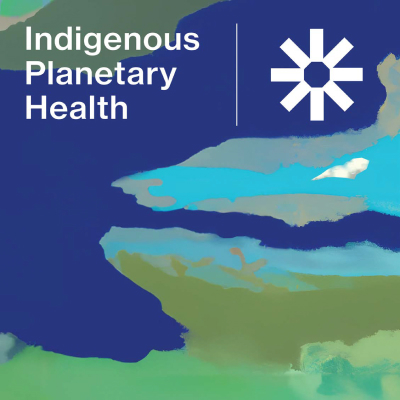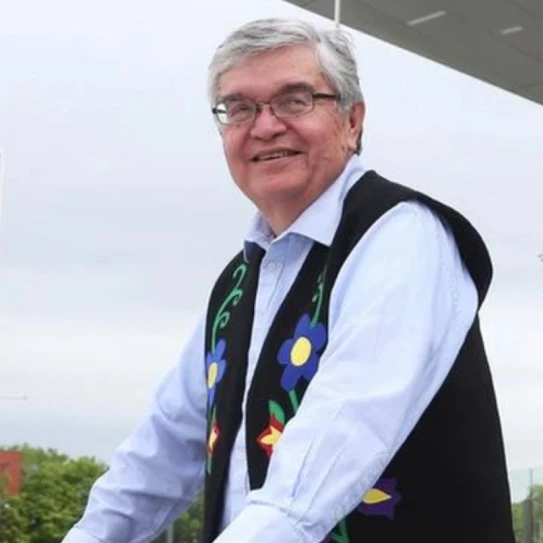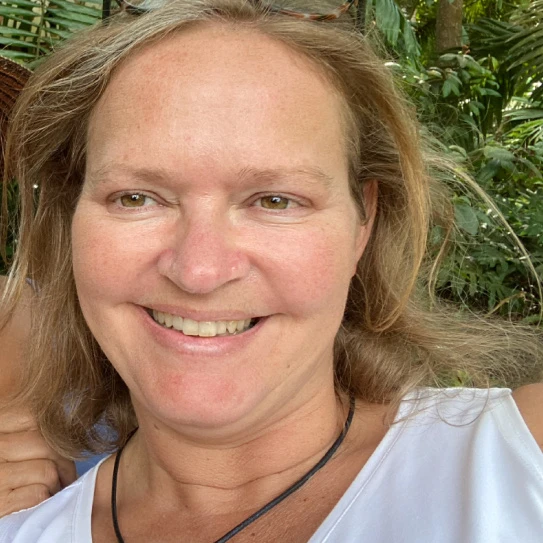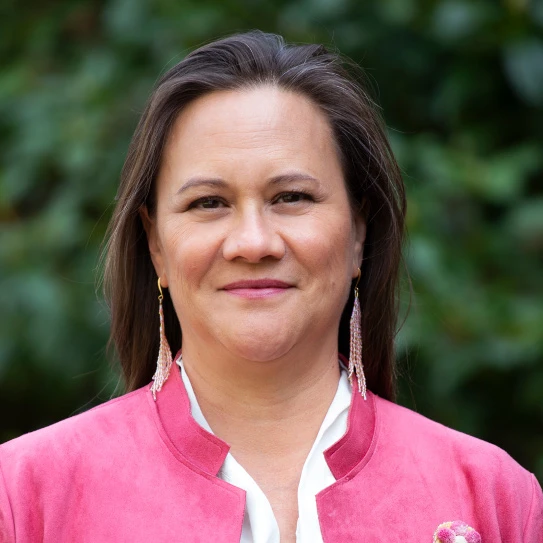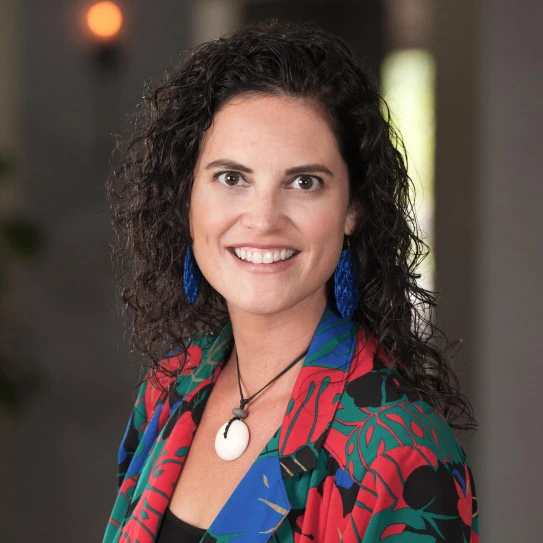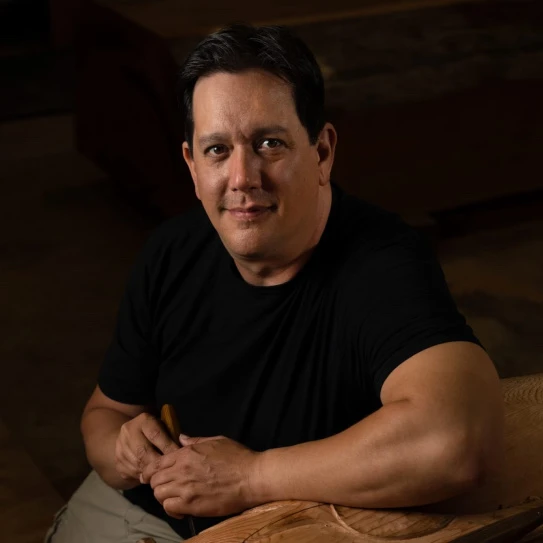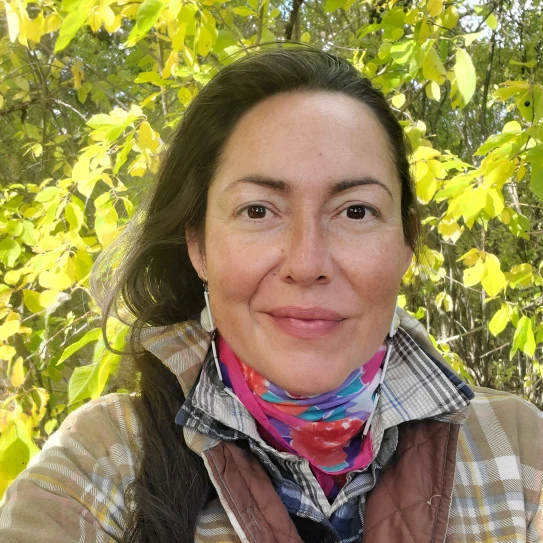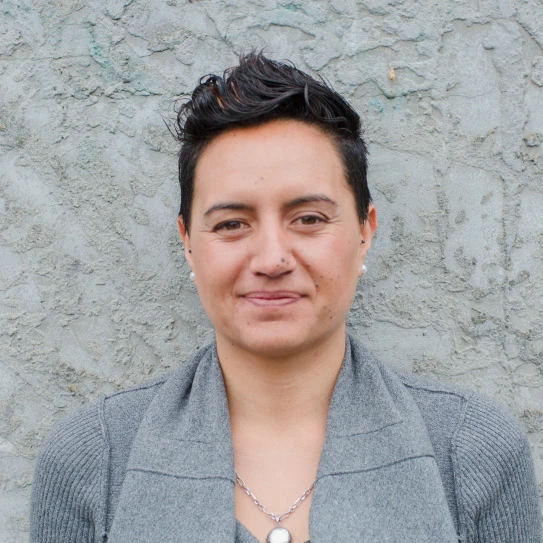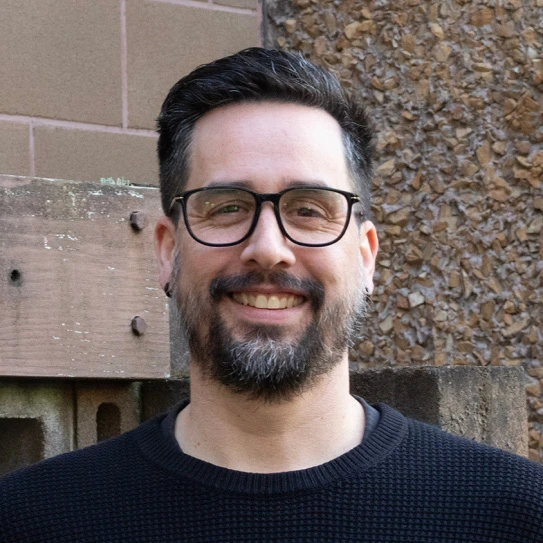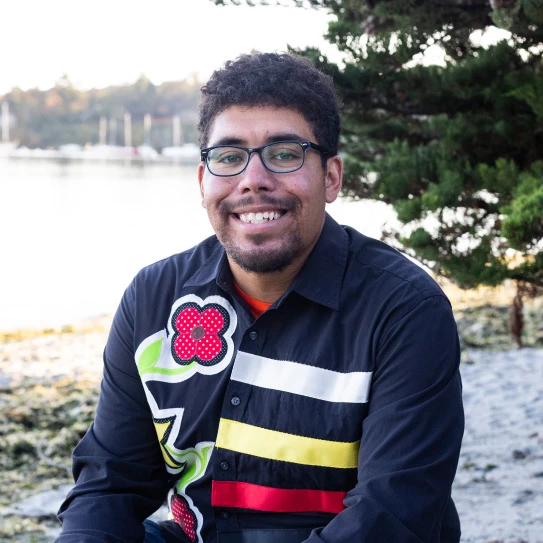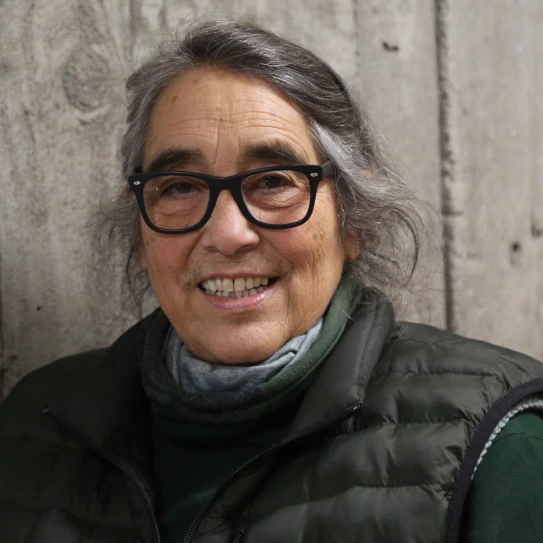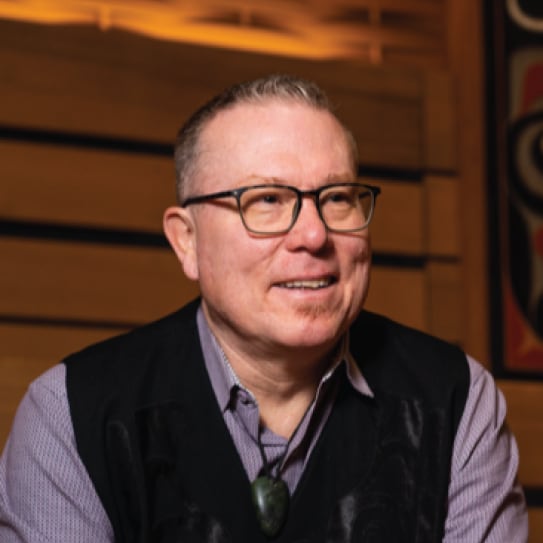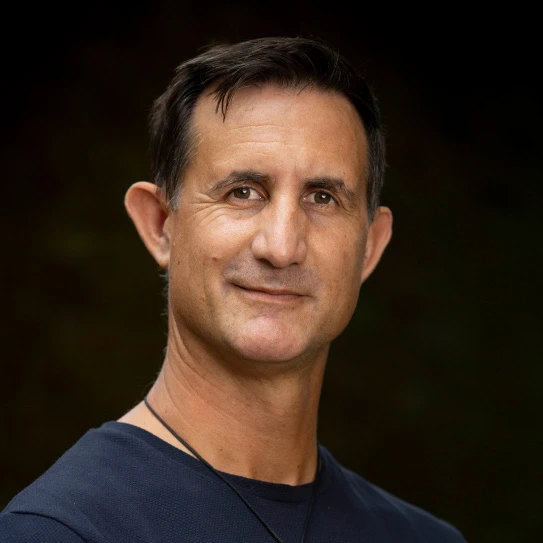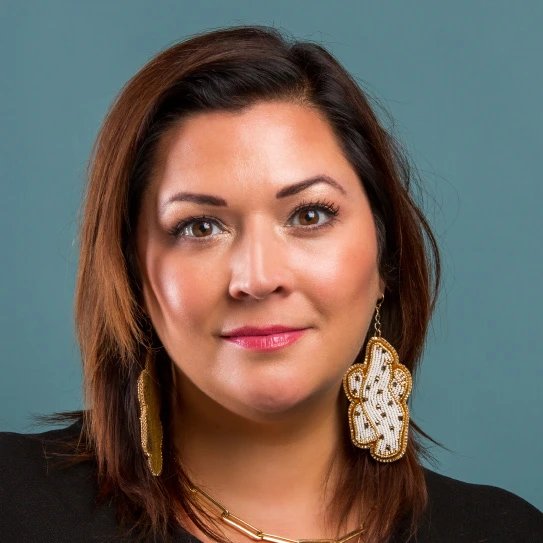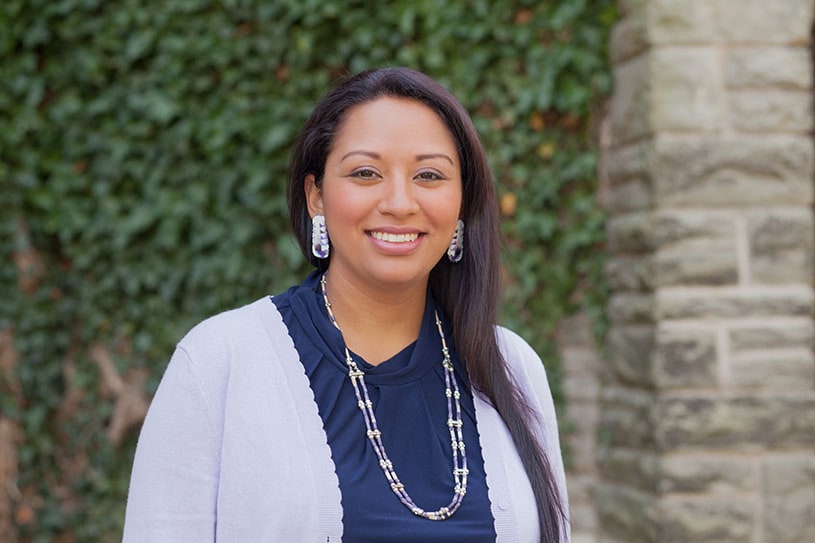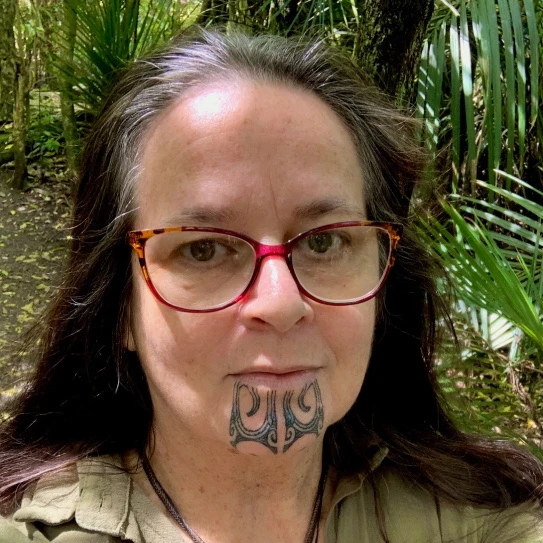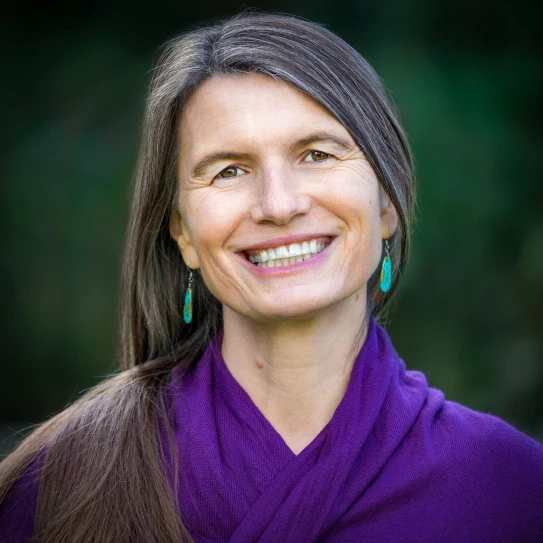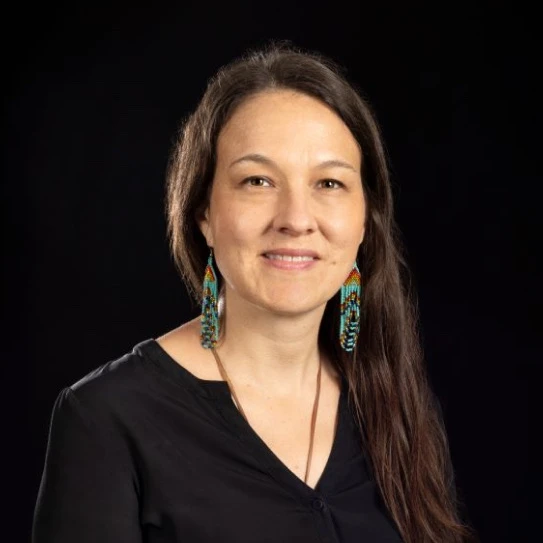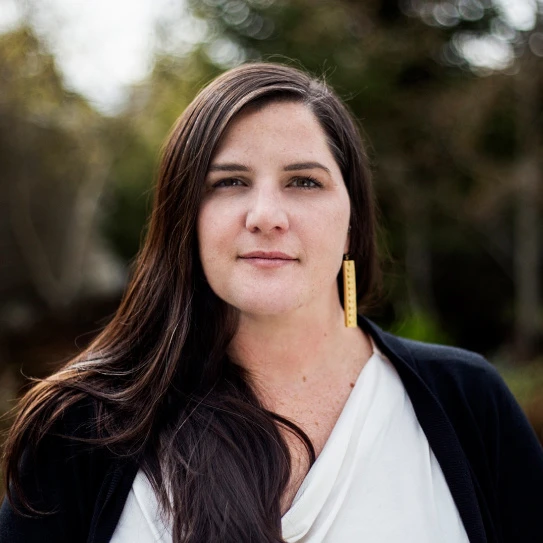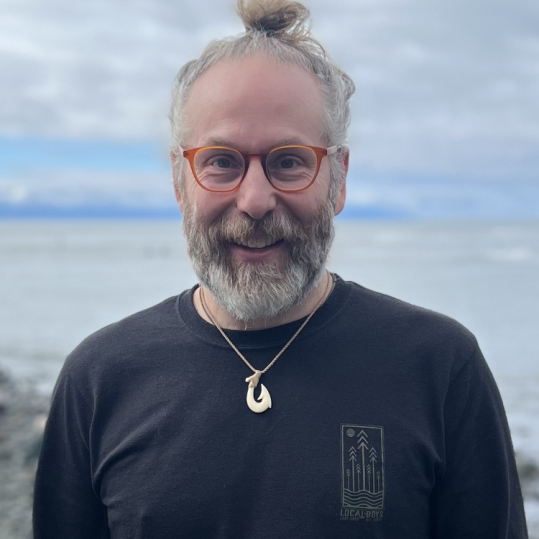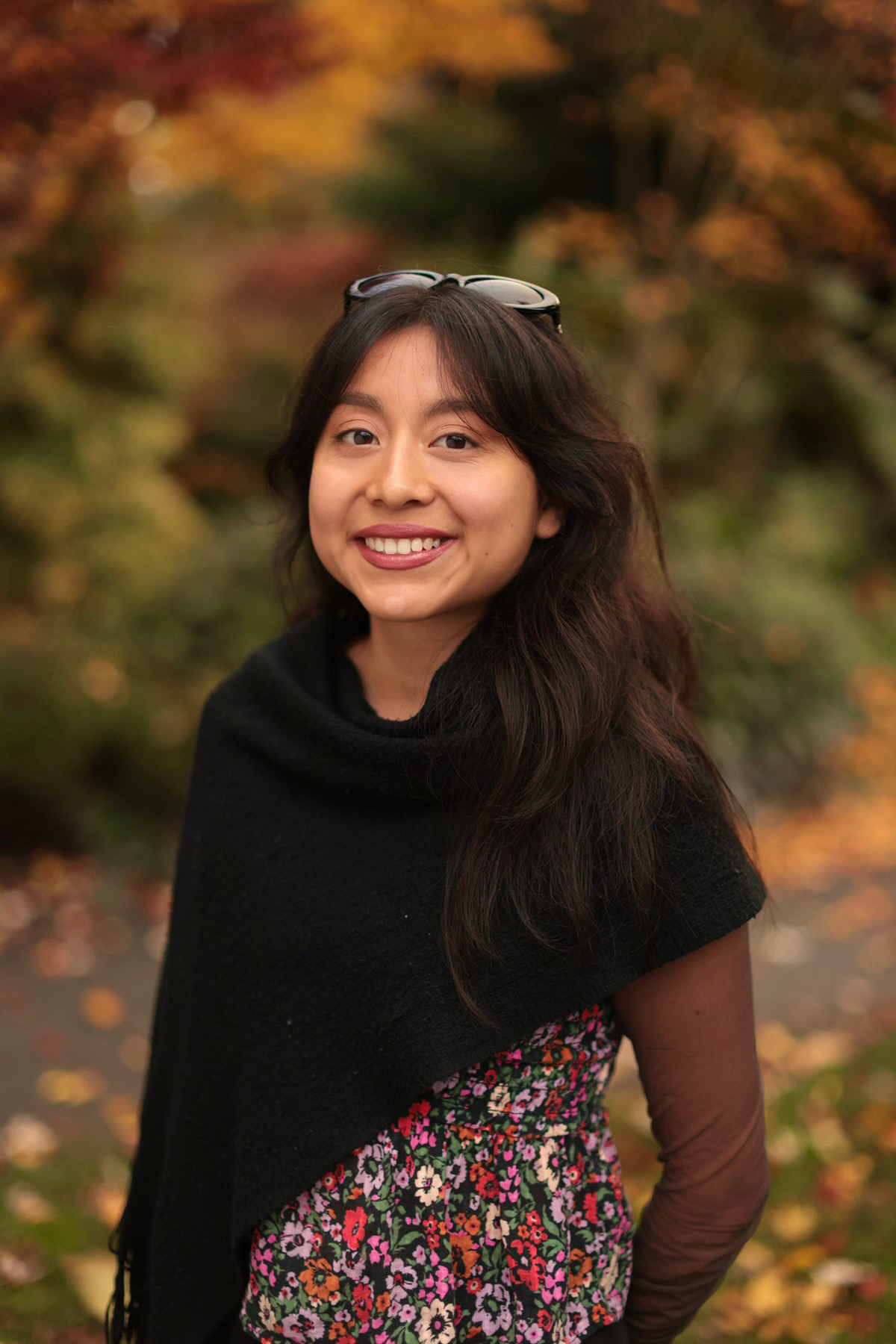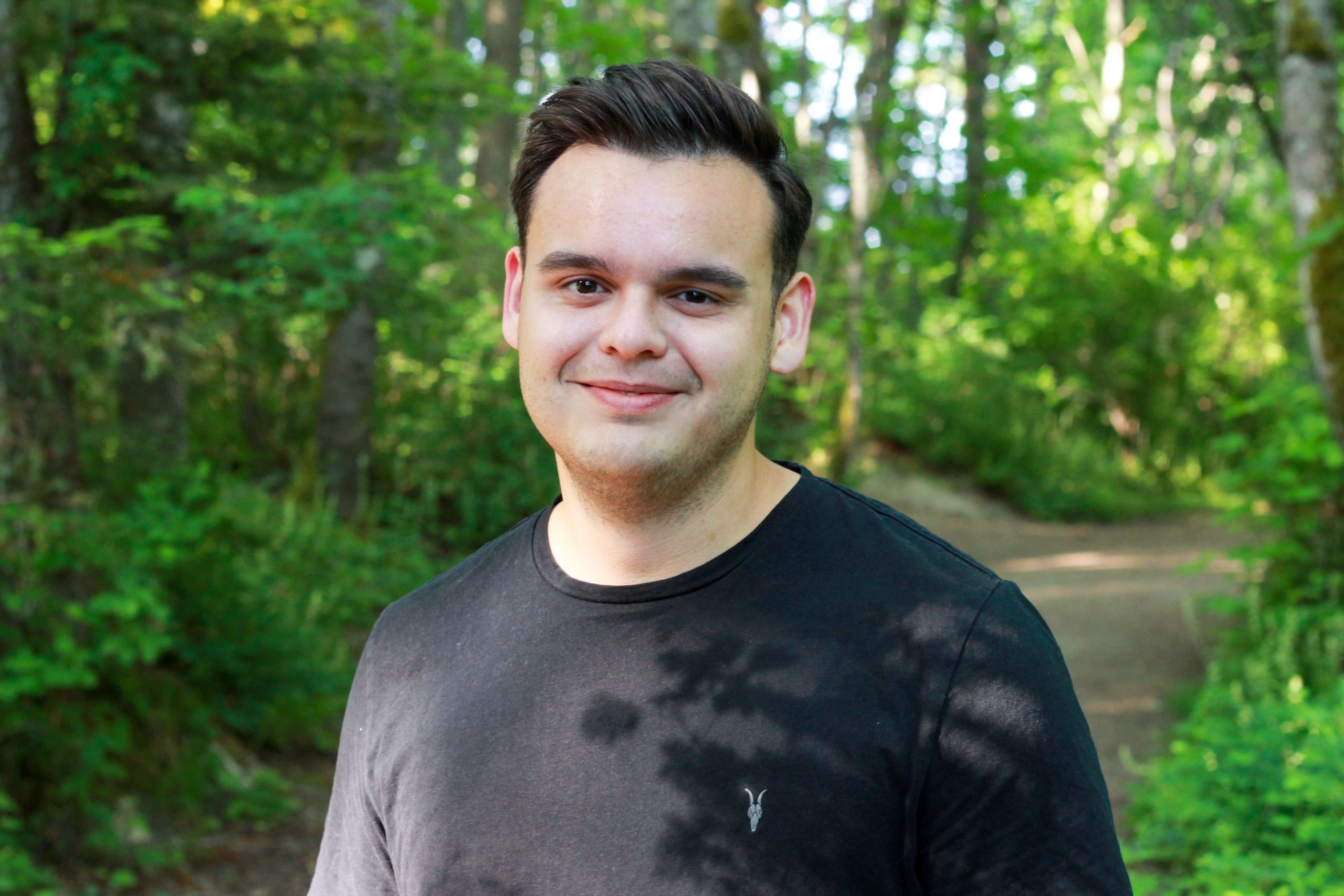Podcast: Play in new window | Download
As academic institutions in the United States experience a dramatic defunding of research related to decolonization, in Canada and Australia, these efforts are ongoing and accelerating. Given the larger political climate, these efforts are important and should be celebrated. However, as our guest this week notes, far too often the labor of decolonizing research and academic institutions disproportionately falls on the shoulders of Indigenous people. This week, Hoku speaks with Zena Cumpston, a Barkandji storyteller, artist, and researcher from Australia about the cultural burden Indigenous people carry when engaging in decolonizing work and they discuss the limitations, extractive practices, and colonial expectations of academia. While Zena’s experiences identify systemic issues in higher education, she is not content to name the problem. Rather, she seeks out opportunities to elevate Indigenous knowledge and Indigenous stories of Country through art. When they met for this interview Zena was on Treaty 7 territory at an artist residency at the Banff Centre for Arts and Creativity where she is furthering her art practice alongside other artists from First Nations. Zena shares how breaking into the art world has allowed her to “democratize” her research in a way that is more empowering and reflexive of her community. As she explains, her experiences as a curator for the exhibition Emu Sky and her work as an artist and researcher for the exhibition Ngaratya are examples of how we can use art to mobilize Indigenous knowledge and make it widely accessible. Zena’s love for the land inspires her art and curatorial practices. We hope you enjoy this conversation about the audacity of Indigenous art and artists.
This podcast is created by the Archipelagos of Indigenous-led Resurgence for Planetary Health research collective. You can find out more about our research on our website: https://indigenousplanetaryhealth.ca/. We receive funding for this podcast from the Impact Chair in Transformative Governance for Planetary Health at the University of Victoria and from the Canadian Institutes of Health Research. We receive production support from Cited Media.
